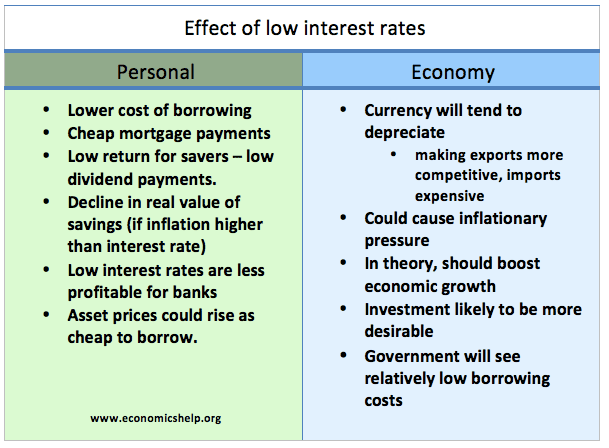Soldato
- Joined
- 6 Jan 2013
- Posts
- 22,480
- Location
- Rollergirl
BBC News - UK interest rates rise to the highest since 2009
Could one of the forum's bucked teeth university educated know-it-alls explain why making things more expensive is the answer to the problems created by things being too expensive?
TIA
Could one of the forum's bucked teeth university educated know-it-alls explain why making things more expensive is the answer to the problems created by things being too expensive?
TIA







